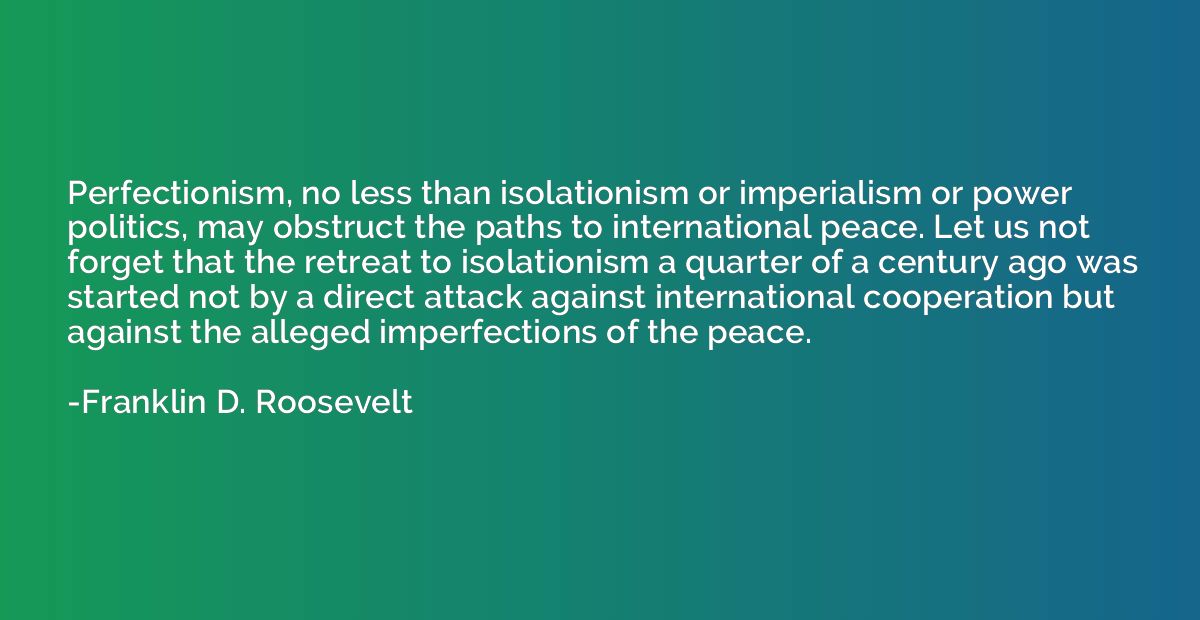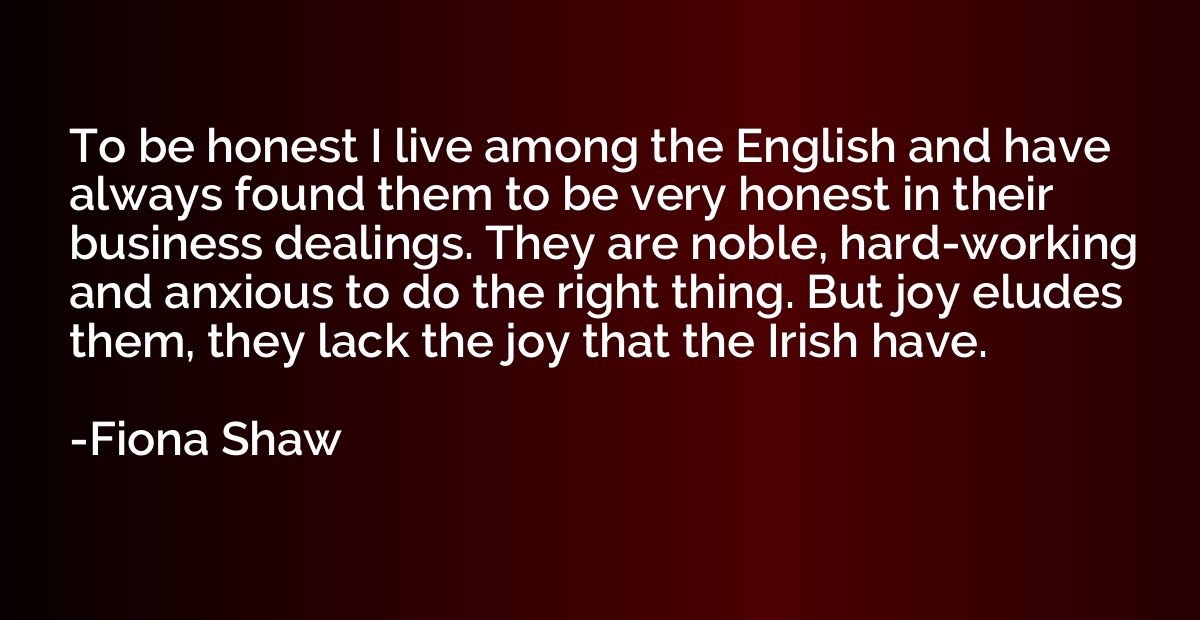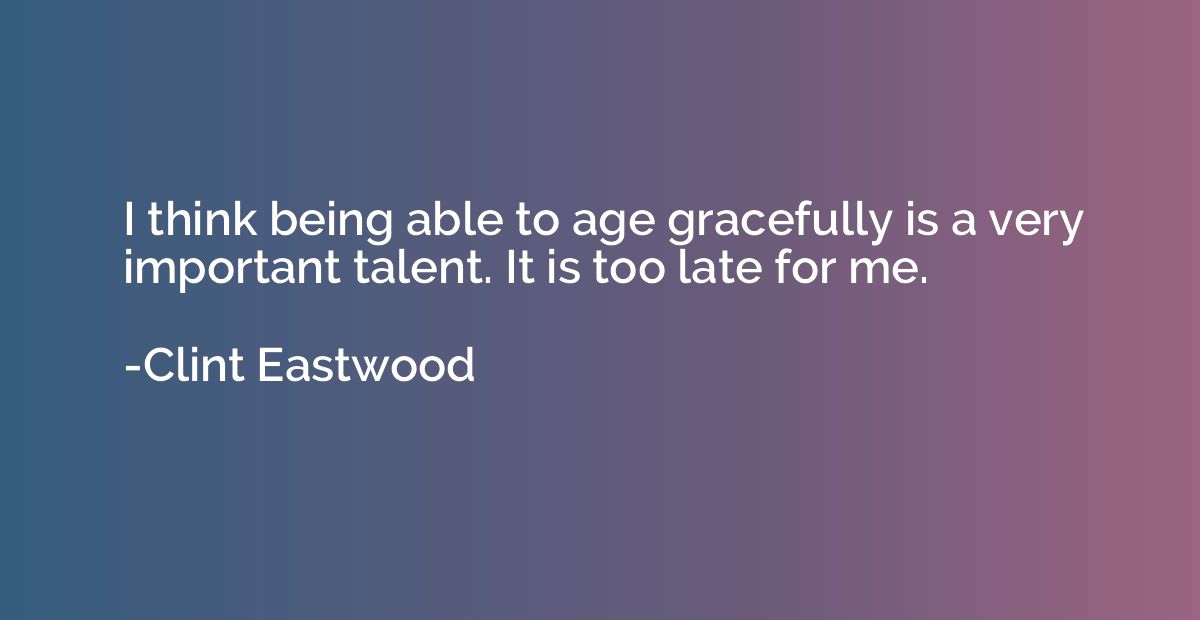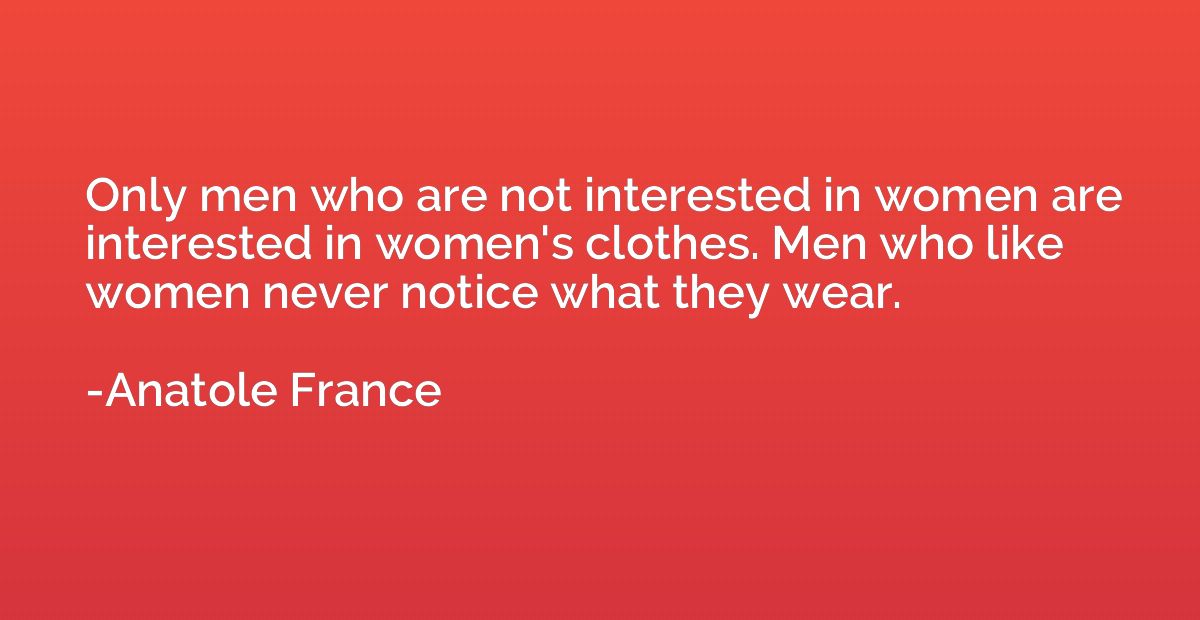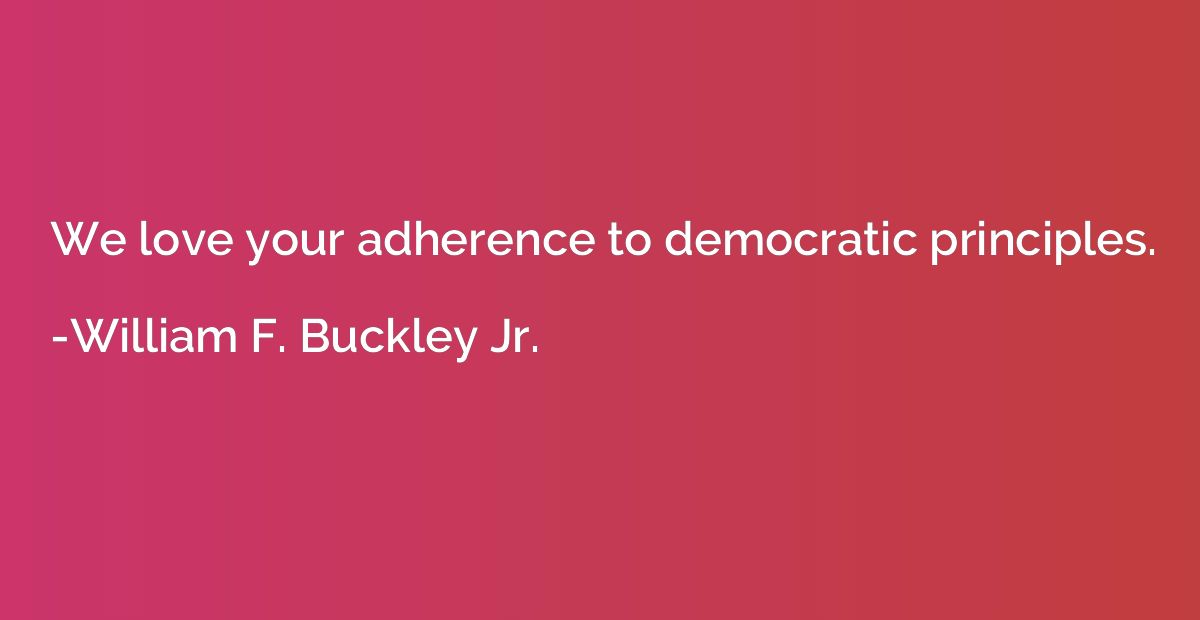Quote by Kahlil Gibran
Wenn [der Lehrer] wirklich weise ist, fordert er euch nicht auf, ins Haus seiner Weisheit einzutreten, sondern führt euch an die Schwelle eures eigenen Geistes.
![Wenn [der Lehrer] wirklich weise ist, fordert er euch nicht](https://quotation.io/quotes/wenn-der-lehrer-wirklich-weise-ist-fordert.jpg)
Summary
Dieses Zitat betont die Rolle eines weisen Lehrers darin, seine Schüler nicht dazu zu zwingen, seiner Weisheit zu folgen, sondern sie dazu zu ermutigen, ihr eigenes Wissen und ihre eigene Weisheit zu entdecken. Anstatt das Wissen und die Erkenntnis von außen aufzudrängen, sollte der Lehrer seine Schüler dabei unterstützen, ihre eigenen Gedanken und Ideen zu entwickeln. Der Lehrer fungiert hier als Führer oder Anleitung, der die Schüler dazu ermutigt, die Schwelle ihres eigenen Verstandes und ihrer eigenen Kreativität zu erreichen.




